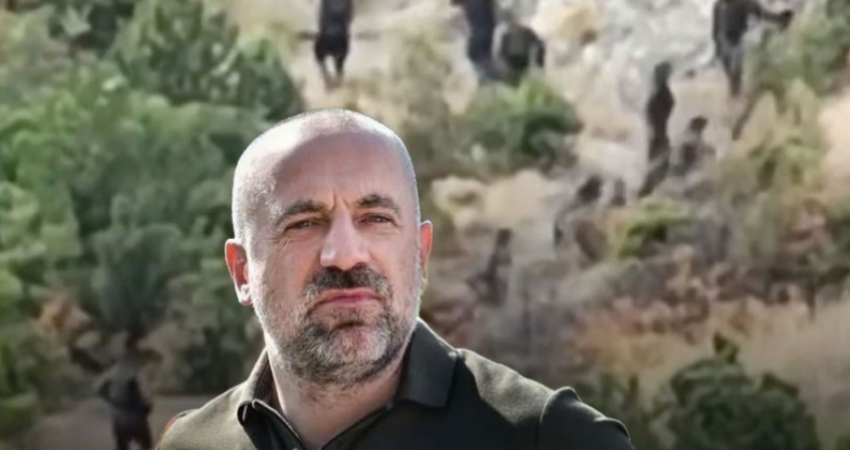Despite being wanted by Interpol and responsible for the terrorist attack in Banjska, Milan Radoičić remains a free man in Serbia, without an indictment yet filed against him. The High Court in Belgrade has only extended the measure prohibiting him from leaving the country. Meanwhile, reports from Serbian citizens indicate that Radoičić is acting as the leader of a group that intimidates and threatens anyone who does not support the current government.
Security experts in Serbia warn that these threats highlight the state’s lack of institutional will to confront organized criminal networks.
Two years after he claimed responsibility for the armed attack on Kosovo Police in Banjska, Radoičić continues to move freely. Many citizens across Serbia report that he leads groups that intimidate political opponents and regime critics.
The former vice-chairman of the Serbian List, against whom an arrest warrant exists, openly participates in gatherings where he threatens and pressures citizens who oppose the government’s policies.
This situation has been confirmed by Srdjan Milivojević, head of the Democratic Party (DS), who accused President Aleksandar Vučić of enabling Radoičić’s actions.
A citizens’ initiative from the small municipality of Kosjerić also reported that Radoičić was seen intimidating locals.
Security analyst Luka Jovanović from the Forum for Security and Democracy emphasized that this case illustrates a deep institutional failure:
“The gravest consequences of the state’s failures are being felt by Serbian citizens, whose safety is directly threatened by the existence of such groups. The handling of Radoičić’s case in Belgrade reveals not only judicial incompetence but also the impression that the state is either justifying or even embracing the group’s actions.”
The High Prosecutor’s Office in Belgrade has still not issued an indictment, even though Radoičić publicly admitted his involvement in the Banjska terrorist attack.
“The international community has a long memory. The Radoičić case remains a debt Serbia will not be able to avoid. Institutional silence today is a debt the state will eventually have to pay,” added Jovanović.
Meanwhile, civil society organizations and security experts warn that the growing influence of pro-government criminal groups, such as Radoičić’s, may indicate a mobilization of regime-linked structures in preparation for a new phase of confrontation with Serbia’s increasingly dissatisfied society.







